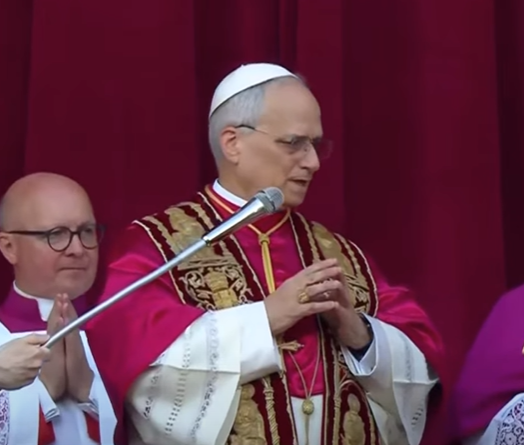In an age where artificial intelligence is advancing faster than ever, Pope Leo XIV has stepped forward to offer a powerful and timely message.
Speaking at a major event ahead of the Catholic Church’s World Day of Peace, the Pope addressed the ethical and spiritual challenges posed by AI, calling on humanity to act with wisdom, caution, and compassion.
While he’s no stranger to weighing in on modern issues, this speech marked one of the Vatican’s most direct commentaries yet on emerging technologies, and it’s gaining global attention.
Pope Leo XIV Has One Message: People Over Progress
Pope Leo XIV acknowledged that AI holds enormous potential to benefit society. From medical breakthroughs to accessibility improvements, it can change lives for the better. But he also warned that, if left unchecked, AI could deepen social inequality, distort truth, and dehumanize our decision-making processes.

“We must ensure that human beings remain at the center,” he said, urging governments, scientists, and companies to develop artificial intelligence that respects human dignity, ethics, and rights.
He pointed out the growing concern about AI systems that can spread misinformation, replace human jobs without adequate protections, or even make life-altering decisions without transparency or accountability.
A Call for Global Regulation
The Pope’s speech didn’t stop at raising moral concerns—he also pushed for concrete action. He emphasized the need for international cooperation to regulate AI technologies, calling for safeguards that go beyond business interests or national politics.
He specifically stressed the importance of accountability when AI is used in sensitive areas like healthcare, law enforcement, or warfare. “It is unacceptable,” he said, “for decision-making processes that affect human lives to be delegated entirely to machines.”

This call aligns with a broader push from ethicists and tech experts who believe that clear regulations, ethical frameworks, and transparency are urgently needed as AI tools become more powerful.
Embracing Progress Without Losing Humanity
Interestingly, Pope Leo XIV did not take an anti-technology stance. In fact, he encouraged the responsible and thoughtful use of AI. He acknowledged that artificial intelligence can be a force for good, if guided by empathy and ethical intention.
He also reflected on the opportunity AI presents to redefine what it means to be human in the digital age. Instead of replacing people, he said, AI should serve as a tool that supports and uplifts human life and relationships.
Why It Matters
This speech comes at a time when global conversations around AI are heating up. This includes everything from debates about ChatGPT in classrooms to concerns about deepfakes, data privacy, and job automation. By weighing in, Pope Leo XIV adds a moral and spiritual layer to the conversation. He is urging leaders to think beyond profits and innovation and focus on the people at the heart of it all.
With his message, the Pope reminds us that the future of AI isn’t just about what we can build—it’s about what we should build, and who we want to become in the process.



